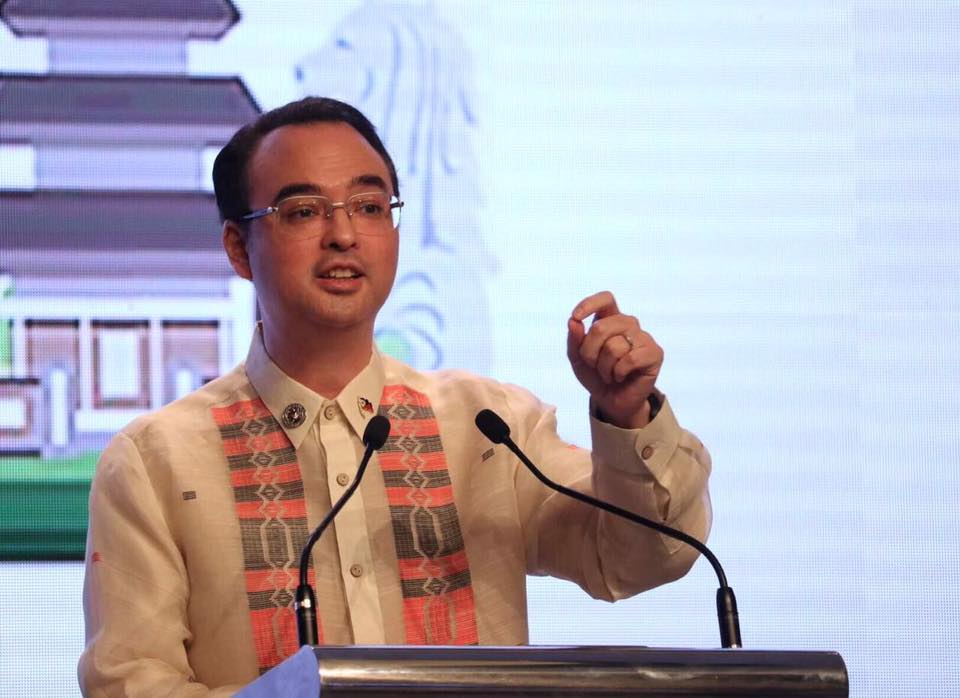News
Beijing, Manila to discuss possible joint exploration in SCS

FILE: Department of Foreign Affairs (DFA) Secretary Alan Peter Cayetano (Photo: Alan Peter Cayetano/Facebook)
MANILA — Department of Foreign Affairs (DFA) Secretary Alan Peter Cayetano on Monday bared that continuation of talks on possible joint exploration in the disputed area in South China Sea will be among topics the Philippines and China will discuss in their second meeting on the bilateral consultative mechanism (BCM).
According to Cayetano, the second round of talks will be held in the Philippines, with the follow-up third BCM meeting in China by March or April.
At present, the official said the two states have now conceptually agreed to pursue this track.
“Conceptually, we both want it, in the declaration of the Chinese premier and the Philippine president, it was there,” he said, adding the challenge now is to come up with an agreement that conforms both to Philippine laws and Chinese laws.
“During talks on partnership, the two countries will distance themselves from the issue of territorial rights for the meantime,” he added.
“We are looking for best practices all around the world disputed and undisputed areas, there are examples around the world where there are disputed areas pero nagkaroon ng agreement na puwede yung both countries because they dealt with sovereignty rights, economic rights. Territorial rights ‘di puwede,” he stressed.
Aside from the joint exploration, Cayetano said all issues, “including on fishermen, how we see the long-term or where will we be five years from now, 15 years from now, and if other countries are using the word militarization, how do you define militarization” will be part of the BCM.
“We expect that both negative, ‘yung claims ilalabas dito, but also ‘yung positive like the joint exploration,” he said.
Earlier, China’s construction activities on Fiery Cross Reef gained the spotlight after its aerial shot appearing to have been transformed in an airbase was released by state-run China Central Television.
On the definition of militarization in the region, Cayetano said they are currently considering all sides but everytime a report comes in, he assured they “take the necessary diplomatic action.”
Cayetano explained that actions are not necessarily published, given they “solve more things” when it’s done quietly.
Based on this, he was then asked if this dismisses the necessity for filing diplomatic protests.
He explained that “diplomatic protest is one form of diplomatic action” that can be verbal, written, in a phone call, or in a bilateral consultative mechanism. However, he did not elaborate nor mention when the “diplomatic action” was taken.





















